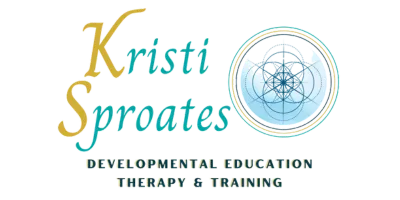
Building Focus, Attention & Confidence
Many teens face working memory limitations & decision-making challenges which makes daily life frustrating. These challenges can impact confidence, learning, and social interactions.
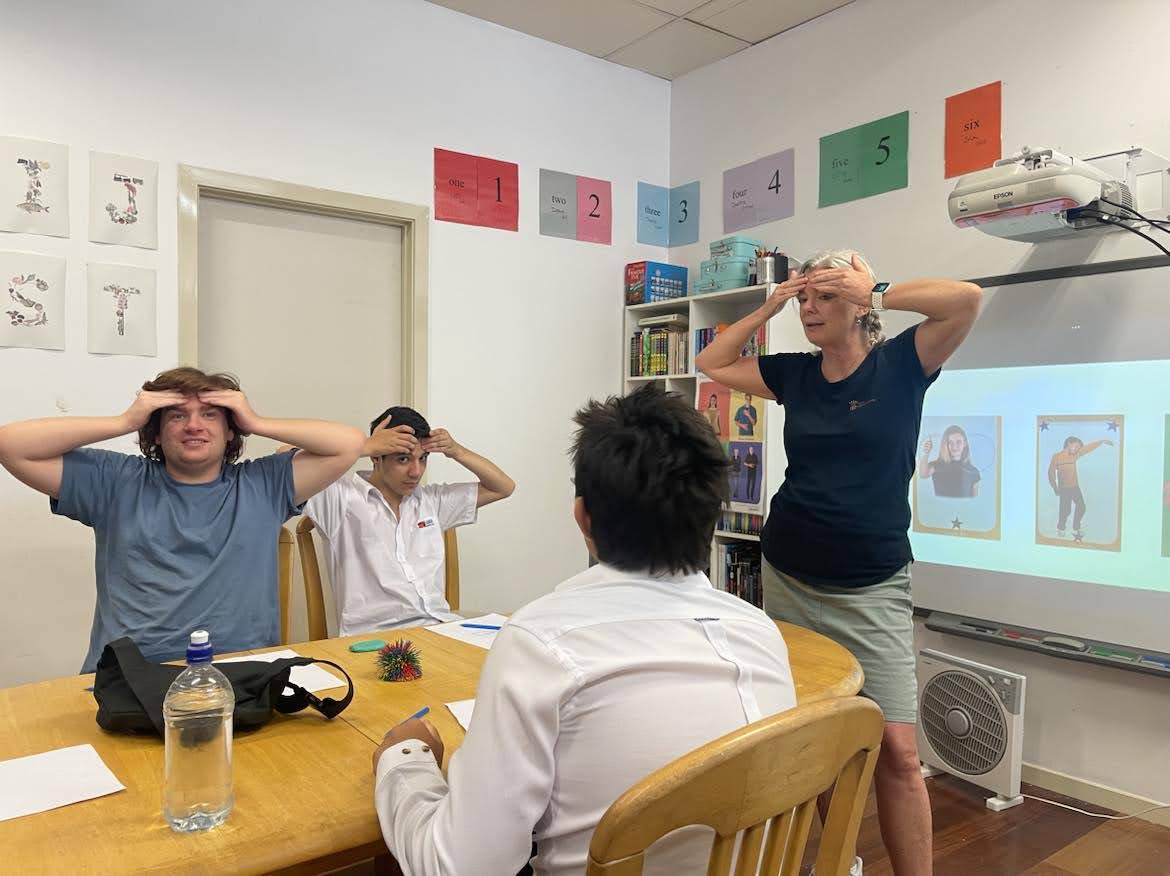
Is Your Teen / Young Person Struggling With?
Struggling to keep up in conversations or team sports
Forgetting important items for school, sports, or activities?
Losing focus and taking hours to complete simple homework?
Getting overwhelmed by multi-step tasks or instructions?

I'm Kristi Sproates!
Developmental Learning Consultant.
I help adolescents with learning challenges who feel unseen and stuck to find more joy and take active steps toward a brighter future.
Technology and Movement is a sure fire way to get them moving in the right direction.
"Let tech be their motivation,
and movement be the bridge that keeps them going."
Your Teen’s Brain Is Still Under Construction—Let’s Help Them Drive It Well
The teen brain is fast, powerful, and still learning to stay in control—especially for those with ADHD
(inattentive, hyperactive, or combined type).
With constant distractions and big emotions, it’s easy for teens to lose focus, forget things, or feel stuck.
But their brain is still wiring up—and that means there’s so much potential for change.
INTRODUCING
The BrainDrive Program
Helping teens build focus, memory, and confidence—so they can feel capable and in control of their day.
Taking the brain for a drive strengthens focus, connects neurons, and makes learning stick!
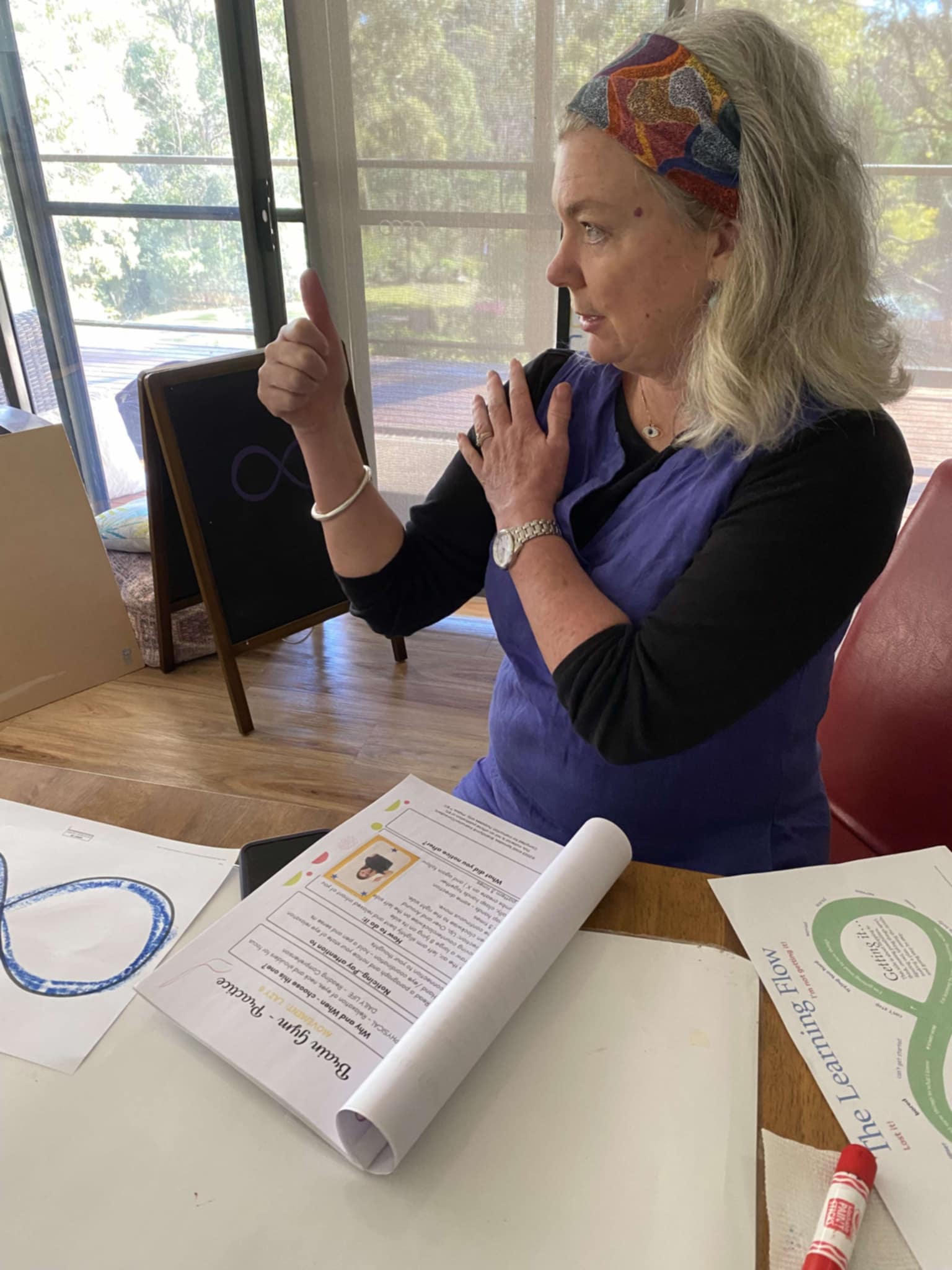
The BrainDrive Program combines:
Brain Training software (Cogmed) – scientifically designed to enhance working memory.
BrainGym movements – simple exercises to reduce stress and improve brain-body coordination.
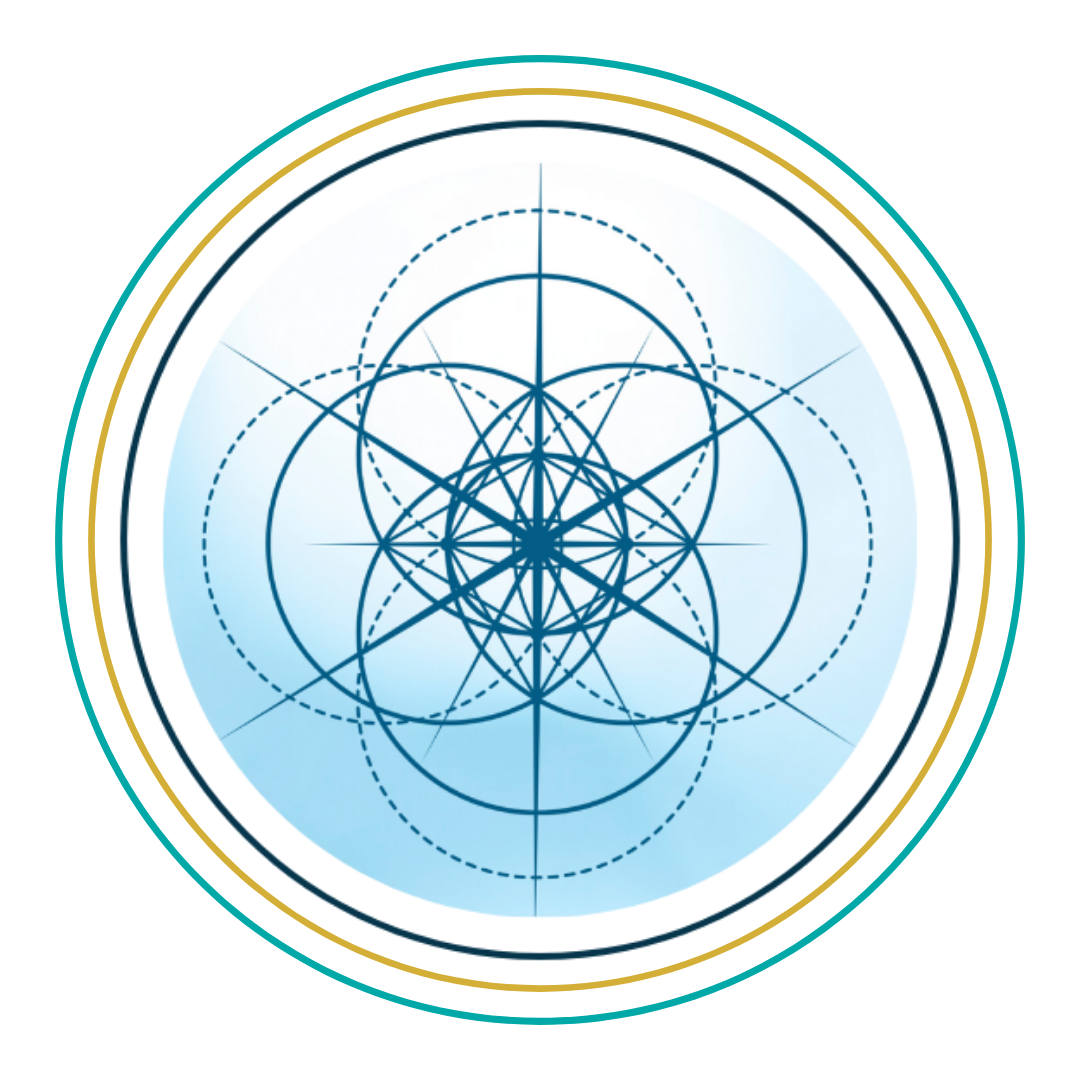
"Best purchase ever!"
"Thankyou for offering BrainDrive to David this term. it's amazing! Very much appreciated and appreciate your support too" - Mum of 16 year old here
With BrainDrive, teens could experience:
Better mental math – holding more numbers in mind.
Improved ability to follow instructions without missing steps.
Enhanced reading comprehension and retention.
Increased self-confidence in academics and daily life.
Words people use to describe their sessions:
Supported
balanced
fun
fun
"When teens are free to move and use tools that work with their brain—not against it—they build the confidence to learn, grow, and thrive their way."
How it works
BrainDrive is a structured, supportive program including:
THE TECH:
Cogmed BrainTraining Software

3-5 days a week for 8 weeks (may take 10).
1 online session per week with Kristi Sproates – Certified Cogmed Coach (60 min)
Minimum of 2 other sessions per week with a parent, teacher, or completed independently
THE MOVES:
BrainGym Activities
Helps manage stress and maintain focus.
Uses movement to regulate and prepare the brain for learning.
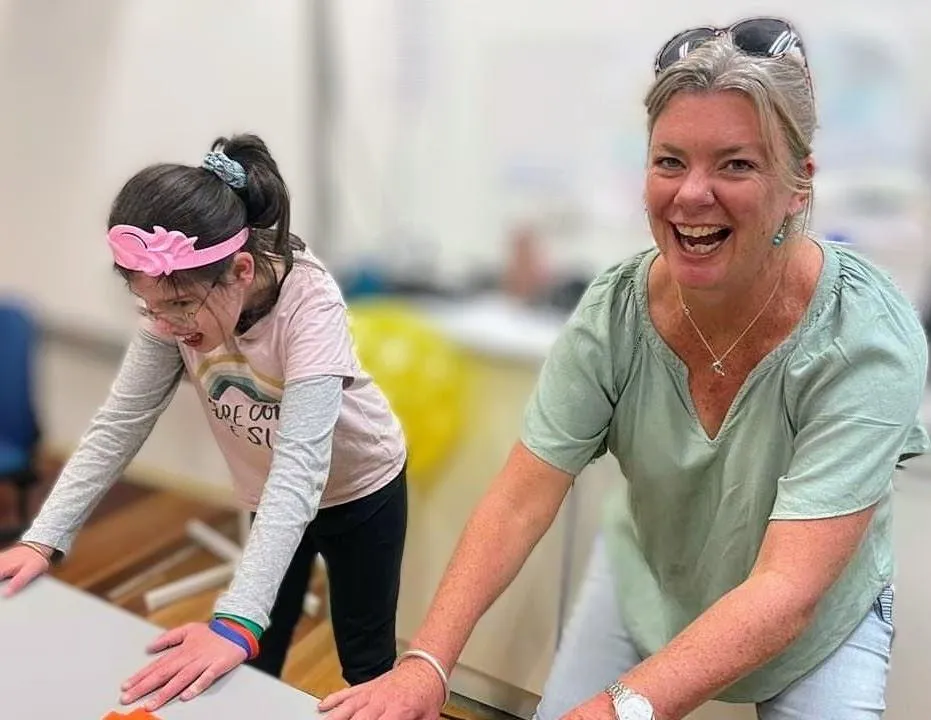
Kristi will meet with you prior to the program to explore a goal
Example goal: I will pack my lunch and check I have all personal belongings for the day
Session Breakdown:
5-10 min: A Brief Catch up then a warm up the brain/body movement sequence for focus.
10 min: Cogmed Working Memory Game.
10 min BrainGym activities to reduce stress & stay engaged.
15-20 min: Cogmed Working Memory Game.
5 min: Debrief & celebrate progress.
Kristi will meet with you afterwards to evaluate the program and any changes to daily living including ‘the goal’
Frequently Asked Questions
Should everyone train their working memory?
Whether or not someone should, or needs to, is up to the individual. But virtually everyone can see benefits from working memory training.
However, these benefits and improvements are often easier to notice in people who experience direct problems in their daily lives due to their lower-than-average working memory capacity.
Who is this program for?
Evidence to date supports the notion that most individuals receive some benefit from Cogmed Working Memory Training.
In particular, the research has documented improvement of the key inattentive symptoms in:
- Children with ADHD
- Children with Cancer Diagnosis
- Adults who have had a stroke
What age is Cogmed suitable for?
This program is generally suitable for children/teens and adults. Suitability will depend on skill level. If you are unsure please book a free chat with Kristi.
What does it look like?
Check out our Cogmed demo video to see what the exercises are like.
Is Cogmed backed by research?
This is a really important question to ask when you’re deciding on a program to use. Cogmed is one of the most highly researched programs out there - learn more on their own research page: https://www.cogmed.com/research
Can I use my NDIS Funding?
Kristi is a Developmental Educator who provides therapy support from NDIS Funded Support. Developmental Educators have their own line item in the Support Category - Capacity Building - Improved Daily Living. This is a program designed to build capacity including working memory, focus, attention and help young people and their teens take responsible actions towards learning and growth.
What technology do I need?
Cogmed can be used on most Windows and Mac computers as well as iPads and some newer Android tablets. It is accessed through your internet browser (we recommend Google Chrome browser). Headphones are recommended to help you concentrate (we recommend stereo headphones that cover the whole ear, such as these ones from Altronics). Parents monitoring their children should use a headphone double adaptor so they can also hear the sound.
When does it begin and end?
Online Sessions with Kristi Mondays or Fridays 11.30-12.30 for 8-12 weeks. On average can be completed 3-5 times/week.
How do I enrol?
The next best step is to book an appointment with Kristi below. Suitability, availability and payment options eg NDIS or Non-NDIS can be discussed.
COGMED HELPS TO REWIRE THE BRAIN
ONLY AVAILABLE THROUGH A COGMED COACH
Brain Drive Program Starts the first Monday or Friday of each month.
$1200 +GST
Online Sessions with Kristi Mondays or Fridays 11.30-12.30 for 8-12 weeks.
On average can be completed 3-5 times/week.
Participants will most likely need a support person such as a teacher/parent/support or youth worker present
All up there are 30 sessions
Value for money using NDIS funds to support the teen and their team
Includes Tech and Movement to help with focus, attention and learning.
IMAGINE
🧠 Holding a Conversation
Before: You forget what someone just said and feel awkward or left out.
After: You remember key points and keep the conversation going with confidence.
🧠 Following Multi-Step Instructions
Before: You lose track halfway through making lunch or tidying up.
After: You complete tasks step-by-step—smoothly and independently.
🧠 Staying Focused on Schoolwork
Before: You start homework, get distracted, and it takes hours to finish.
After: You focus for longer, finish quicker, and feel proud of your progress.
🧠 Remembering Daily Essentials
Before: You forget your water bottle, homework, or soccer boots—again.
After: You remember what you need and feel more in control of your day.
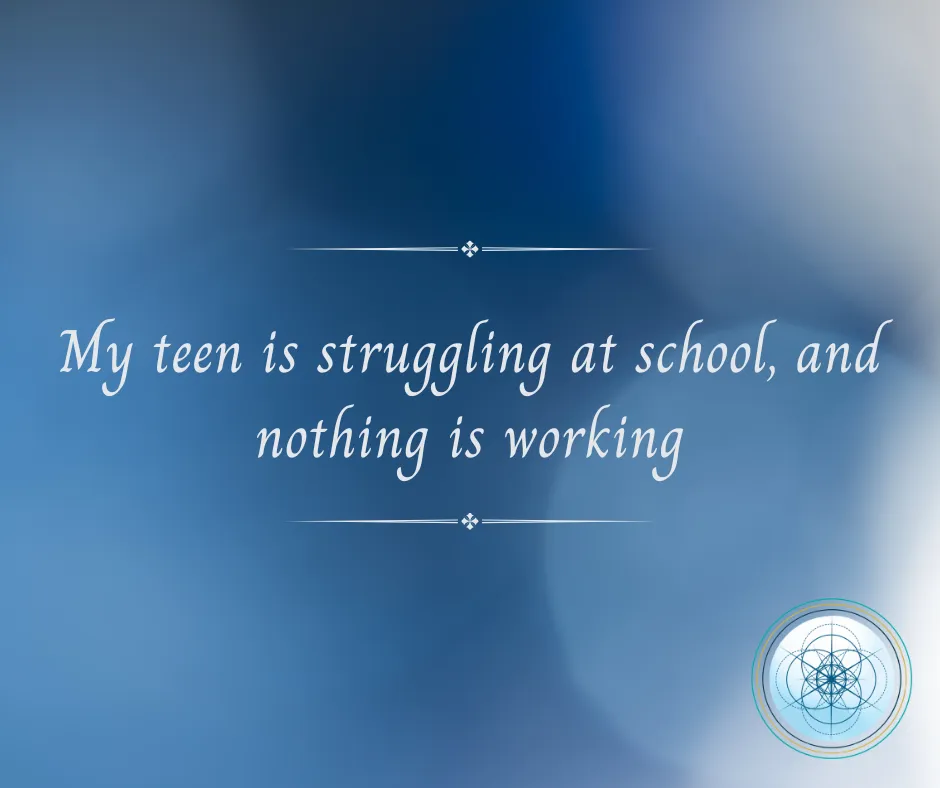
NEED TO MOVE - NOT A PROBLEM - YOU CAN WITH THIS PROGRAM
You and your team learn the following with Kristi - BrainGym Instructor.
When engaging in brain training or focused tasks, it’s common for stress and tension to build. That’s why we incorporate simple, intentional movements to keep the body calm and the brain switched on.
✔️ Calming movements help reduce the fight/flight response so the nervous system feels safe.
✔️ Centering exercises support clear thinking and emotional balance.
✔️ Cross-body actions activate both sides of the brain, boosting learning and processing power.
NOTE: THIS TRAINING IS NOT FOR EVERYONE
Please review the following and determine if this course is right for the applicant:
Evidence to date supports the notion that most individuals receive some benefit from Cogmed Working Memory Training.
In particular, the research has documented improvement of the key inattentive symptoms in:
- Children with ADHD
- Children with Cancer Diagnosis
- Adults who have had a stroke
Please note:
Children/adults with intellectual disability (IQ 55-70) have shown somewhat less improvement after completing Cogmed compared to those with higher baseline cognitive abilities. If the person has the capacity and motivation to engage with the program, they will require more training than others.
A person with photosensitive epilepsy who has a history of epileptic seizures triggered by the lights of a TV or computer screen should not train with Cogmed.
Additionally, some diagnoses have been shown to make it hard to complete the training:
- Severe conduct disorder
- Oppositional defiant disorder
- Severe depression
- Severe anxiety
Should everyone train their working memory?
Whether or not someone should, or needs to, is up to the individual. But virtually everyone can see benefits from working memory training.
However, these benefits and improvements are often easier to notice in people who experience direct problems in their daily lives due to their lower-than-average working memory capacity.
Should the applicant meet the criteria above it is also important that the applicant has the time available to train 4-5 times a week for a min of 5 weeks.
In addition to the Coach, there may be a parent or teacher who acts as a support person to help monitor training and provide encouragement - a Training Aide/ Support worker.
READY TO GIVE US A TRY?
Want to help your teen take the wheel?
Book a free discovery call today.
NDIS-funded support available.

© 2025 Kristi Sproates. All Rights Reserved. Privacy Policy Terms of Use Cookie Policy